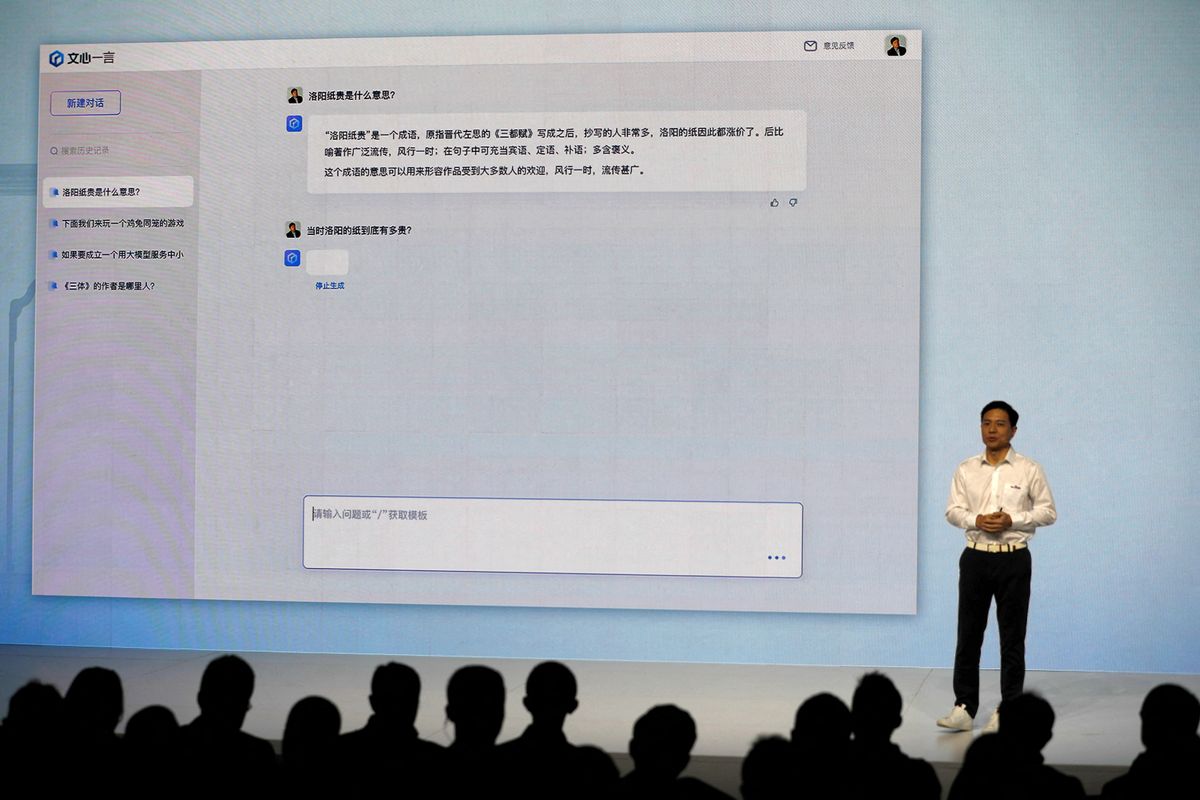Artificial intelligence – is it good or bad for the environment?
Artificial intelligence (AI) has been touted as a tool to help the environment and even potentially solve the climate crisis. But can it, really?

A few minutes every morning is all you need.
Stay up to date on the world's Headlines and Human Stories. It's fun, it's factual, it's fluff-free.
Artificial intelligence (AI) has been touted as a tool to help the environment and even potentially solve the climate crisis. But can it, really?
In some ways, yes. For one thing, AI can help us to understand climate and environmental-related data better so that we can act on it.
"AI refers to systems or machines that perform tasks that typically require human intelligence and can iteratively improve themselves over time, based on the information they collect," explains David Jensen, coordinator of the UN Environment Program's (UNEP's) Digital Transformation sub-program. "This can be on a large scale – such as satellite monitoring of global emissions, or a more granular scale – such as a smart house automatically turning off lights or heat after a certain time.”
Based on a study commissioned by Microsoft, AI applications used in the agriculture, water, energy and transport sectors could lead to a 4% cut in greenhouse gas emissions by 2030. We can even use AI to monitor deforestation and send alerts when it detects illegal logging. Or to track endangered species and prevent poaching.
But what if AI has become part of the problem we’re trying to fix?
AI relies on super-powered semiconductor computer chips in order to run. And, as AI gets more and more popular, that means it uses up more energy. On Tuesday, an analysis was released that estimated that future energy usage. With a moderate estimate, AI servers could use 85 to 134 terawatt hours (Twh) annually. That’s about as much as Argentina, the Netherlands and Sweden each use yearly – 0.5% of the world's electricity use at the moment. The potential problem is how producing this kind of energy could boost carbon emissions, depending on what sources are used to generate it.
“A key takeaway from the article is this call to action for people to just be mindful about what they’re going to be using AI for,” says study writer Alex de Vries. “This is not specific to AI. Even with blockchain, we have a similar phase where everyone just saw blockchain as a miracle cure ... if you’re going to be expending a lot of resources and setting up these really large models and trying them for some time, that’s going to be a potential big waste of power.”




Comments ()